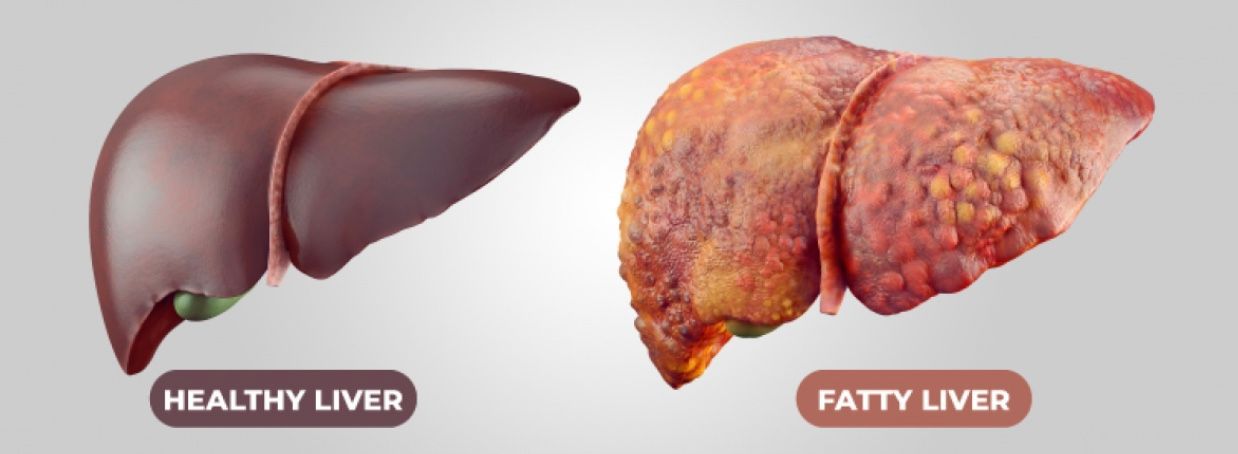Tendinitis FAQs
Whether you’re a tried-and-true athlete or a weekend warrior, you don’t want painful tendinitis keeping you away from reaching your fitness goals. Siatta B. Dunbar, DO, CAQSM, provides comprehensive sports medicine and orthopedic care for patients of all ages at her practice in Burnsville, Minnesota. Book an appointment by giving us a call today.
What is tendinitis?
A tendon is the thick cord that connects muscle to bone. When you cause injury or prolonged stress to a tendon it is known as tendinitis. Most people suffering from tendinitis feel a dull pain, tenderness, or notice inflammation in the affected area.
Tendinitis can happen in many areas throughout your body, but it typically affects your:
Calves Elbows Hips Knees Shoulders
Tendinitis is often called by other names depending on the area of the body it occurs. For instance, Achilles tendinitis is an injury to the tissue that joins calf muscles at the rear of the lower leg to your heel bone. Runners who have amped up their training or middle-aged weekend warriors most commonly get this type of tendinitis.
Other names for tendinitis include:
Tennis or golfer’s elbow Pitcher’s or swimmer’s shoulder Jumper’s knee
What causes tendinitis?
Although there are a variety of causes associated with tendinitis, repetitive or awkward movement over a period of time and sports injuries are the most common causes. Other causes can include:
Arthritis Bad posture Poor walking habits Metabolic imbalances like diabetes
How is tendinitis treated?
Treatment for tendinitis is all about relieving pain and reducing inflammation. Whenever possible, Dr. Dunbar commits to a non-surgical approach. For some mild cases, she may simply recommend a little rest, relaxation, ice, and over-the-counter pain medications. For more severe cases of tendinitis, she may recommend additional medications including oral, topical or injectable medications as well as physical therapy.
The goal for medications is two-fold: reduce pain and reduce inflammation. Oral pain medications may relieve tendinitis discomfort, while topical creams or lotions with an anti-inflammatory medication are becoming a popular treatment for reducing inflammation without the possible side effects that some oral anti-inflammatories may have.
There is no long term benefit for using cortisone to treat tendinitis and in fact, it is harmful to tendons, making them more prone to tearing. Therefore if you’re suffering from chronic tendinitis, Dr. Dunbar recommends autologous cell-based therapy. The decision to use blood or fat-derived cells depends on the degree of wearing and if there is tearing in the tendon. In some cases, surgery may be indicated and Dr. Dunbar is able to help navigate and educate you on your options.
If tendinitis pain is slowing you down, make an appointment with Dr. Dunbar. Book an appointment by giving us a call today.
Author Dr. Siatta Dunbar
The post Tendinitis FAQs appeared first on Saravit Wellness.












